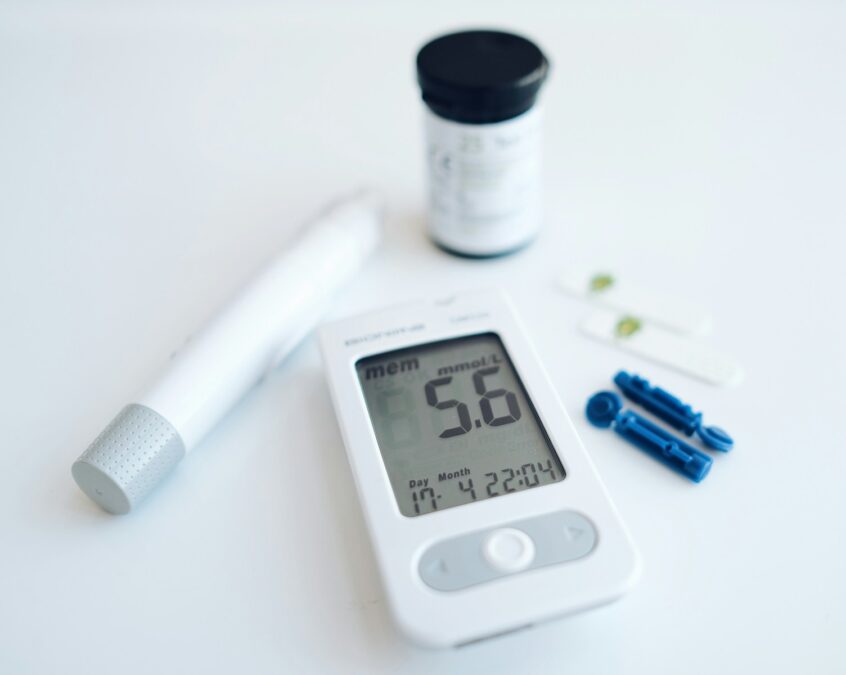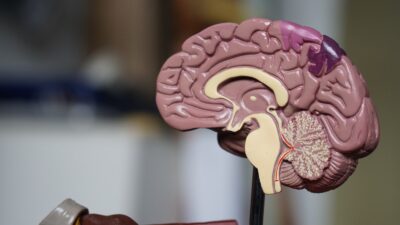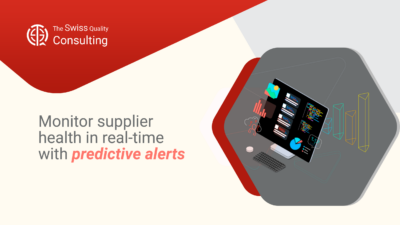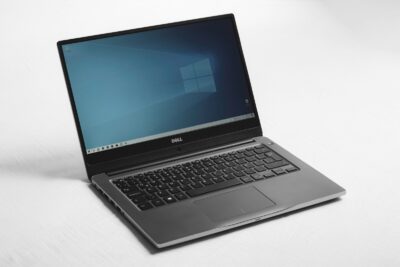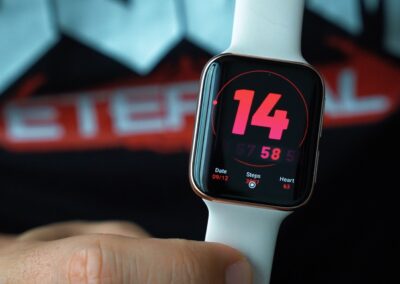The Future of Proactive and Personalized Patient Care with 5G
5G-Enabled Real-Time Health Monitoring: Transforming Healthcare Delivery
5G-enabled real-time health monitoring is poised to revolutionize the healthcare sector, ushering in an era of proactive and personalized care. By leveraging the high-speed, low-latency connectivity of 5G networks, healthcare providers can now remotely monitor patients’ vital signs, track chronic conditions, and intervene promptly in case of emergencies. This transformative technology is set to improve patient outcomes, reduce healthcare costs, and enhance the overall efficiency of healthcare delivery.
Empowering Remote Patient Monitoring (RPM)
5G-enabled real-time health monitoring is a game-changer for remote patient monitoring (RPM). With 5G, patients can use wearable devices and sensors to continuously track their health metrics, such as heart rate, blood pressure, glucose levels, and sleep patterns. This data is transmitted in real time to healthcare providers, who can then monitor patients remotely, identify potential issues early on, and provide timely interventions. RPM is particularly beneficial for patients with chronic conditions, as it allows for continuous monitoring and personalized care plans, leading to better disease management and improved quality of life.
Enhancing Telehealth and Virtual Care
5G is also revolutionizing telehealth and virtual care by enabling high-quality video consultations, remote diagnosis, and even remote surgeries. With 5G’s low latency and high bandwidth, doctors can interact with patients in real time, regardless of their location, providing timely and convenient care. 5G-powered telemedicine platforms can also integrate with electronic health records (EHRs) and other healthcare systems, ensuring seamless access to patient information and facilitating more informed decision-making.
Improving Preventive Care and Early Intervention
The real-time data collected through 5G-enabled health monitoring can be leveraged to improve preventive care and early intervention. By analyzing patterns and trends in patient data, healthcare providers can identify potential health risks and intervene proactively before they escalate into serious conditions. This not only improves patient outcomes but also reduces healthcare costs by preventing hospital readmissions and unnecessary procedures. Additionally, 5G-powered AI algorithms can analyze large datasets to identify hidden correlations and predict potential health issues, further enhancing preventive care strategies.
5G in Healthcare: A Global Perspective
Leading the Way in 5G Healthcare Innovation
Saudi Arabia and the UAE are at the forefront of adopting 5G technology in the healthcare sector. These countries have ambitious plans to build world-class 5G infrastructure and leverage it to improve healthcare delivery. The Saudi Vision 2030 and the UAE’s National Artificial Intelligence Strategy 2031 both emphasize the importance of digital transformation in healthcare and the use of emerging technologies like 5G to enhance patient care and improve health outcomes. These initiatives are attracting investment and fostering innovation in the healthcare sector, positioning the region as a leader in 5G healthcare.
5G-Enabled Smart Hospitals and Clinics
5G is enabling the development of smart hospitals and clinics that are more connected, efficient, and patient-centric. In these facilities, 5G networks connect medical devices, wearables, and sensors, creating a seamless flow of data that can be used to monitor patients, track inventory, and optimize resource allocation. 5G-powered robots are also being deployed in hospitals to assist with tasks such as disinfection, medication delivery, and patient monitoring. These advancements are improving the quality of care, reducing costs, and enhancing the overall patient experience.
The Future of 5G in Healthcare
The potential of 5G to transform healthcare is immense. As 5G networks continue to expand and new technologies emerge, we can expect to see even more innovative and groundbreaking applications in the healthcare sector. From remote surgeries performed by robotic surgeons to personalized medicine based on real-time health data, 5G is set to revolutionize the way healthcare is delivered. By embracing this transformative technology, healthcare providers can enhance patient care, improve efficiency, and create a more sustainable healthcare system for the future.
Overcoming Challenges and Ensuring Equitable Access
While the benefits of 5G-enabled real-time health monitoring are undeniable, there are also challenges that need to be addressed. One of the main concerns is data privacy and security, as the sensitive health data collected by 5G devices needs to be protected from unauthorized access. Ensuring the interoperability of different 5G devices and platforms is also crucial for seamless data exchange and collaboration among healthcare providers. Additionally, addressing the digital divide and ensuring equitable access to 5G technology for all populations is essential for realizing the full potential of 5G in healthcare.
Conclusion: 5G as a Catalyst for a Healthier Future
5G-enabled real-time health monitoring is a game-changer for the healthcare sector, offering a new paradigm for patient care. By empowering remote patient monitoring, enhancing telehealth, and improving preventive care, 5G is transforming the way healthcare is delivered, making it more accessible, personalized, and efficient. As 5G technology continues to evolve, we can expect to see even more groundbreaking advancements in healthcare, leading to a healthier future for all.
#5G #healthcare #realtimehealthmonitoring #remotepatientmonitoring #telehealth #wearabletechnology #preventivecare #digitalhealth

